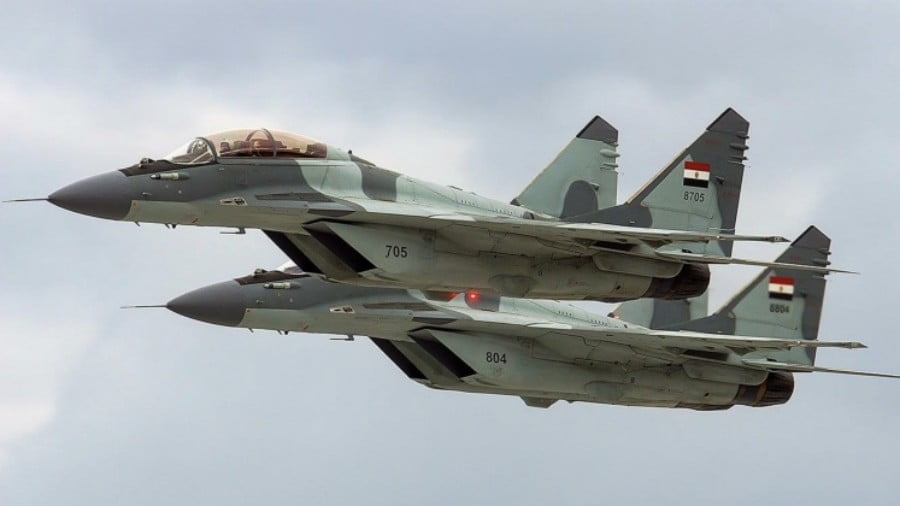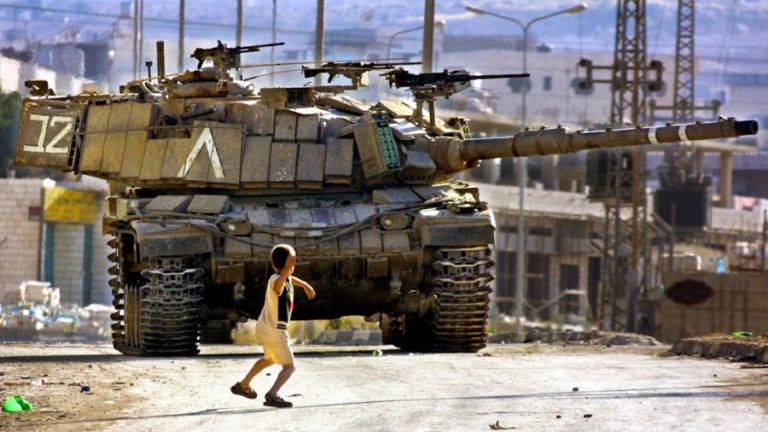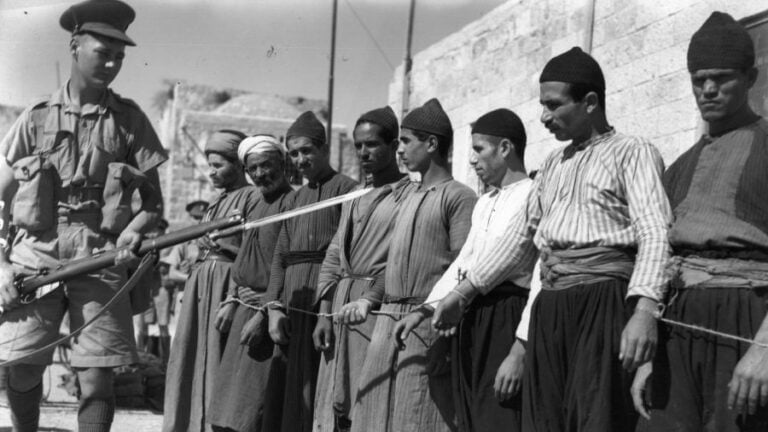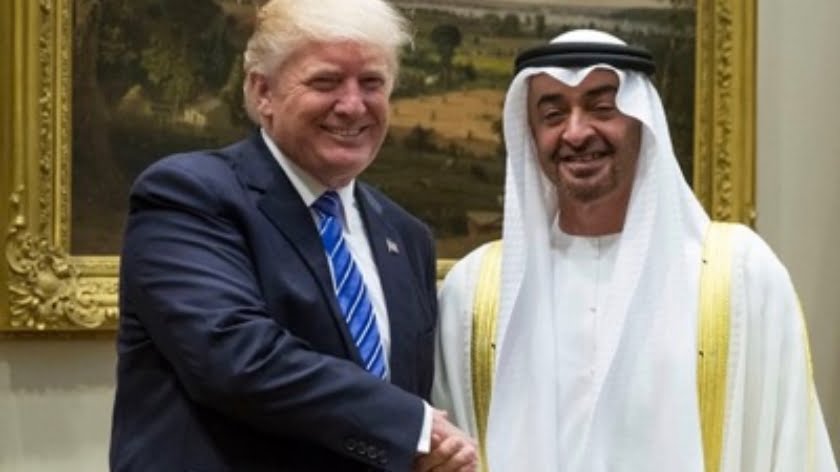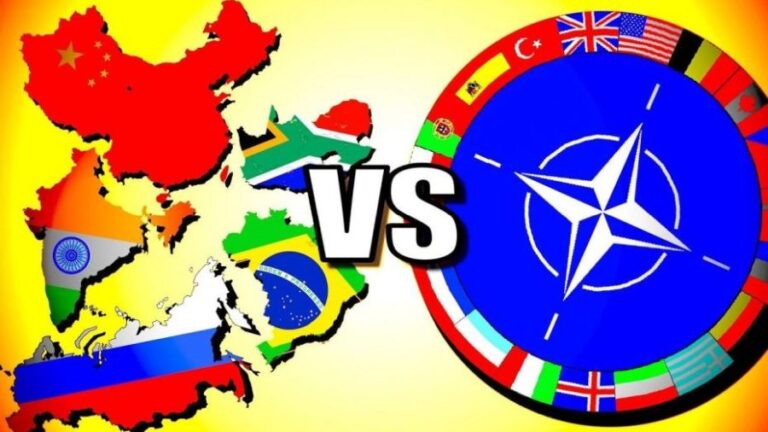Algeria to Protect its National Interests
Algeria, thanks to its large gas and oil resources, pursues an independent policy, positioning itself as a regional power with its own principles. Its leadership has for decades demonstrated a negative attitude to attempts by other countries to interfere in Algerian politics, or to infringe on the regional interests of the country. Moreover, the very history of the country as a former French colony that endured a bloody war for independence made the idea of sovereignty literally sacred to all Algerians.
The principles of Algeria’s foreign policy, including anti-imperialism, pan-Africanism, Arab nationalism, secularism, socialism and the ideas of the Non-Aligned Movement, have not changed over time, even as domestic, regional and international circumstances have changed. The September statement by President Abdelmadjid Tebboune about Algeria’s refusal, despite intense pressure from Washington, to formalize diplomatic relations with Israel until a Palestinian state is established with East Jerusalem as its capital is a striking example. This independent position distinguishes Algeria from a number of other Arab states, in particular the UAE, Bahrain, and Morocco.
Moreover, this Algerian worldview makes it possible to understand the country’s opposition to the NATO bloc’s intervention in Libya, Mali, Syria, and elsewhere, as well as to the blockade of Qatar by the rich Persian Gulf states, with which Algeria has maintained economic and diplomatic contacts throughout this blockade, and expressed sympathy for its continued sovereignty.
Of course, such a freedom-loving position and the emerging political contradictions with the Western countries and the relatively united and economically stable Persian Gulf region are causing some damage to Algeria’s own interests, which is especially noticeable today amid the economic decline of the country caused by the coronavirus pandemic.
Nevertheless, Algeria is clear on its positions, and this is particularly evident in its attitude toward the civil war in Libya, with which the IDA has a long border to the east and the outcome of which is of great importance to it.
Recall that a bloody civil war has been going on in Libya since 2014, where the Government of National Accord (GNA), officially recognized by the European Union, headed by Fayez al-Sarraj with its capital in Tripoli, and the Libyan House of Representatives, together with the Libyan National Army (LNA) led by Marshal Khalifa Haftar with its capital in Tobruk are fighting. Sarraj’s government is supported by Turkey, Qatar, the United States, Italy and Britain, while Haftar’s forces are supported by France, Russia, Saudi Arabia, the UAE and Egypt. Another important fact is that foreign military forces, including Egyptian and United Arab Emirates airpower, as well as Turkish soldiers and Turkish-controlled Syrian fighters, are also taking part in this civil war.
As for Algeria, in its policy towards Libya, it seeks to maintain a certain balance, clearly demonstrating both the ideology of the country and the historical traditions of its foreign policy, openly fearing that certain players, including, above all, Turkey and the UAE, as well as Egypt and France, through participation in the Libyan conflict, will try to strengthen their position in the region.
This is why Algeria, on the one hand, supports the Sarraj-led Government of National Accord, initially sympathetic to the actions of Ankara, which in early 2020 began to send military aid to the GNA. Recently, however, Algeria has become wary of Ankara’s “neo-Ottoman policy in Libya,” clearly fearing Turkey’s establishment of a permanent military presence in Libya (including on the Libyan-Algerian border), as well as the escalation of the conflict in central Libya.
But at the same time, Algeria opposes foreign military intervention in the Libyan conflict, namely by both Turkey supporting the GNA and France, Egypt and the United Arab Emirates, which demonstrate their willingness to support the LNA forces of Marshal Haftar and could shift the current balance of regional forces. In addition, Algeria certainly fears the growing influence of radical terrorist groups such as al-Qaida and Daesh (both banned in Russia), whose bloody struggle on Algerian territory and in the region is deeply embedded in the country’s memory.
In these circumstances, it is understandable that discussions in Algerian politico-military circles about the correction of the country’s former neutralist ideology and loyalty to the ideas of the Non-Aligned Movement have recently intensified. This, in particular, has become evident in recent internal, vigorous debates about the right of Algeria to use its troops if the civil war in Libya threatens its interests, especially if Egypt invades or Turkey tries to take control of Libyan territory. These discussions became particularly active after June 2020, when Egyptian President Abdel-Fattah el-Sisi threatened that the Egyptian army would invade Libya if pro-Turkish forces attacked the city of Sirte.
These circumstances explain the recent further strengthening of not only the former political but also military ties between Algeria and Russia. Algeria’s strong friendship with the Soviet Union began in the 1960s, after the country gained independence from France. In the early 2000s, as the country began to recover from a protracted civil war, a new round of relations between the states began, based on the objective need to strengthen the Algerian army in the face of both internal (religious extremism) and external threats (Western intervention). Fortunately, there was enough money from oil production for weapons.
As a result, in just 20 years this North African country has managed to create the most powerful army in the region, whose arsenal is predominantly Russian equipment. Thus, from 2006 to 2018, Algeria signed several major military contracts with Russia totaling more than $13.5 billion. Algeria is a traditional customer of Soviet/Russian aircraft, which explains the conclusion of a new contract with Russia in early 2020 for the delivery of 14 of the most advanced Russian fighters Su-57E, as well as 14 Su-35 fighters and 14 Su-34 frontline bombers. This contract has already attracted the attention of, among others, the British media, which pointed to the concerns of Europe and several countries in the region because of its potential to affect the military balance in the Mediterranean.
Since its independence in 1962, Algeria has been a unique power in the Arab world, demonstrating, unlike a number of other Arab countries, that it has not changed its ideology and foreign policy, despite the changes in the political situation in the world. Algeria continues to uphold the ideas of national sovereignty, secularism, anti-imperialism and cooperation with all Arab and African states, while remaining neutral and refusing to join any military blocs.

